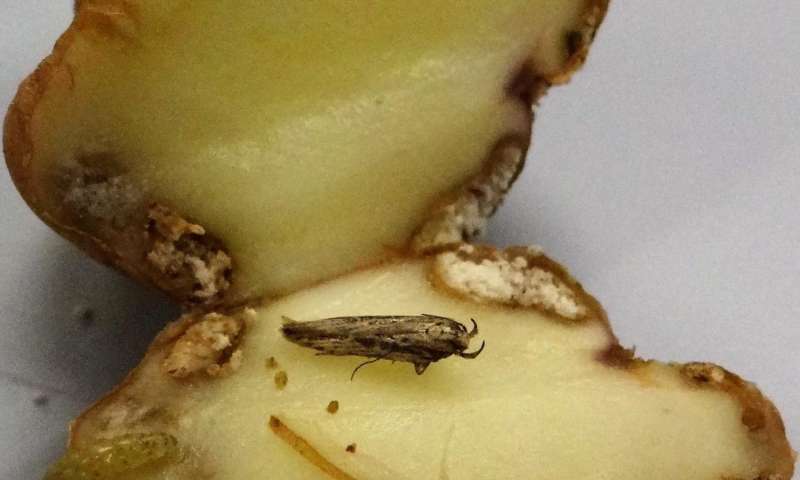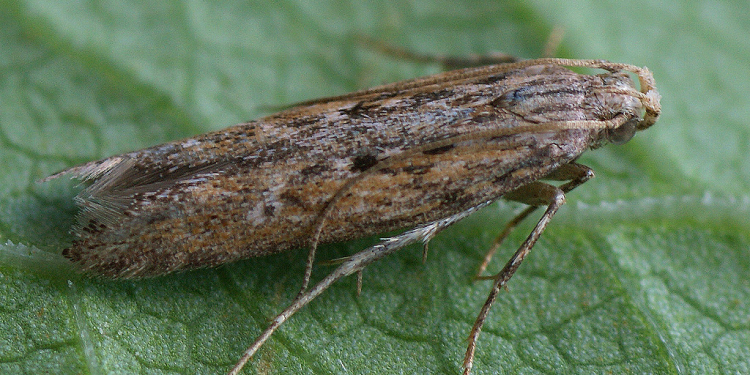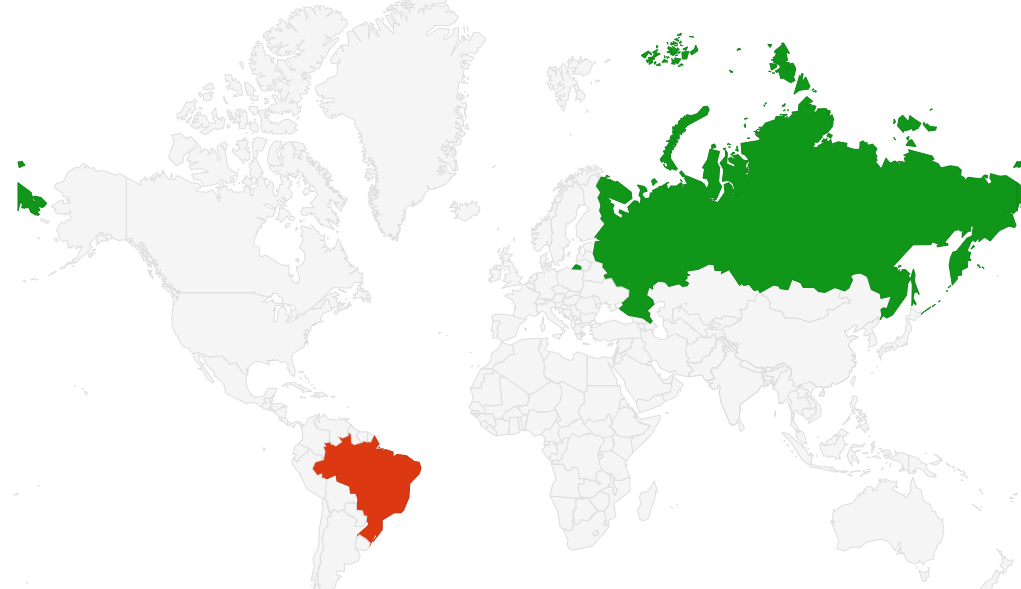Researchers from Rothamsted Research, Bayer Crop Science and Syngenta Crop Protection are collaborating on a Pest Genomics Initiative (PGI). This PGI is aimed at mapping the genome of important pests and beneficial insects. This is to promote sustainable agriculture. It will certainly take a few years before arable farmers can deploy the resources that are the result of this research.
There is an increasing need for new pest control strategies that can on the one hand reduce / prevent crop losses and, on the other hand, preserve biodiversity and ecosystems. This is possible if more high-quality genomic sources and knowledge about them are available. With this in mind, researchers from Rothamsted Research, Bayer Crop Science and Syngenta Crop Protection are collaborating on a Pest Genomics Initiative (PGI) that will sequence and annotate the genomes of key global pests and beneficial insects.

“Such partnerships allow Rothamsted to increase the impact of its work and potentially provide solutions for more sustainable agriculture,” said Lin Field, Head of Biointeractions and Crop Protection at Rothamsted Research Ltd. A genome of important pests is a name for the collection of all genes. A gene is a property of the body of, for example, a plant or animal. Some features are clearly visible, other features are not visible from the outside
Results
When the first results of this joint research will be known is still unclear, according to Lin Field. “But it is certain that this project will take several years. At the end of the project, the entire dataset is shared with the participants. However, if we have mapped a certain genome earlier, we will share it sooner. ”
Profit
How arable farmers will benefit from the results of this research is very clear to Lin Field. “Understanding a wide variety of pest genomes leads to a better understanding of how current insecticides work and how insecticide resistance occurs. It may also enable the development of more specific chemical compounds (compounds) that control pests with less risk to non-targets, such as beneficial insects. ”
Crops
The research does not focus specifically on certain arable crops. Lin Field: “We are targeting some of the most important pests in the world. These can usually, but not always, be associated with the main arable crops. ”
Joint research
It is striking that two competitors (Bayer Crop Science and Syngenta Crop Protection) are collaborating in this research.
Lin Field states: “It is about pre-competitive research. A research that does not directly lead to a market-ready product, but does help companies to lay a good foundation for product development. All results are communicated to the participating parties and even published. Incidentally, this form of cooperation is fully in line with the anti-trust rules of the EU. Other companies have also had the opportunity to get into the project early. ”






